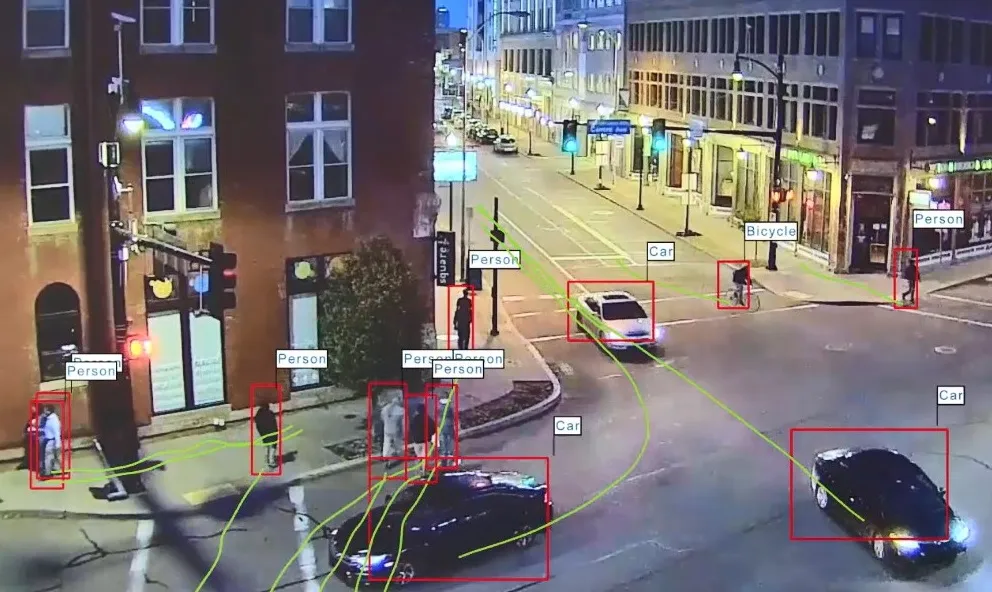Heavy-duty electric transportation specialist Proterra is to participate in an autonomous bus trial with the University of Nevada, Reno and its Living Lab Coalition partners which aims to deal with real road conditions from the perspective of public transit systems. It will also , and underline the most challenging aspects related to mass transportation, such as dense and dynamic environments, degraded conditions and a need for swift emergency response.
The pilot will also explore a new set of robotic perception algorithms that are required to address these conditions and focus on tight cues from multi-modal sensors and new multi-modal localisation and mapping. Rather than solely detect traffic, the Living Lab will focus on predicting traffic flows and plans to enhance safety. The University's current work focuses on the problems of vehicle perception, navigation control, path planning and vehicle-to-vehicle as well as vehicle-to-infrastructure research.
The Living Lab program will include three main phases of research and development: data collection, vehicle instrumentation and intelligent transportation system assessment; data mining, communications and algorithms development; and licensing and commercialisation.
Proterra begins autonomous bus program in the US
Heavy-duty electric transportation specialist Proterra is to participate in an autonomous bus trial with the University of Nevada, Reno and its Living Lab Coalition partners which aims to deal with real road conditions from the perspective of public transit systems. It will also , and underline the most challenging aspects related to mass transportation, such as dense and dynamic environments, degraded conditions and a need for swift emergency response. The pilot will also explore a new set of robotic perc
May 3, 2017
Read time: 2 mins









